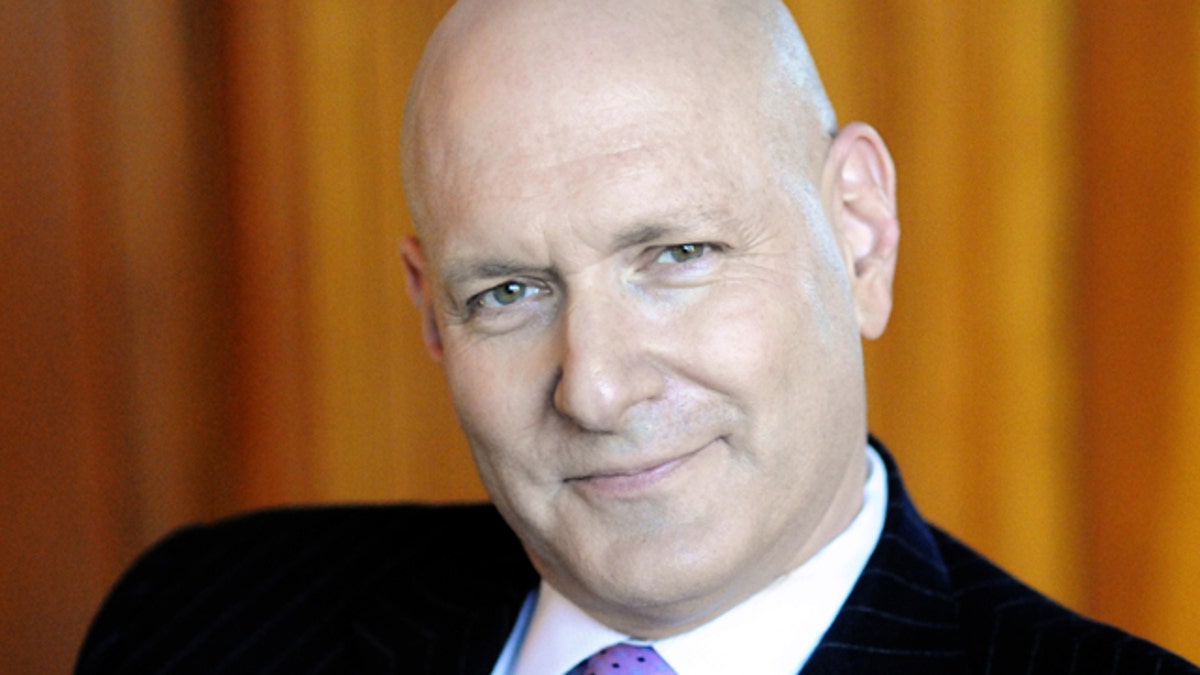
Dr. Keith Ablow
With the United States debt now approaching $14.5 trillion, Americans are watching their elected officials debating whether the debt ceiling should be raised to allow the country to borrow even more money. President Obama has warned that if we don’t borrow more money, the federal government may not be able to make payments to social security recipients.
Very little has been written about the psychological effects of the American population living under a mountain of debt, but those effects are very substantial. Chief among them is a sense of being disempowered and anxiety-ridden—both individually and collectively—and, therefore, unable to assert our values here at home, let alone abroad.
This is the case because being in debt, and watching that debt grow, without a credible, concrete plan to retire that debt, makes millions of Americans of all ages feel like they are living in the last stages of a bankrupt culture. A free economy is a miracle, and when it is manipulated through fictitious bailouts and stimulus packages and taking of loans that can’t be repaid, the American people sense that the story we have been writing—of individual liberty and free markets and human rights—can’t be real, certainly not for the long haul. It makes them feel as though they are sleepwalking through times that are actually borrowed time.
If we can’t pay our bills as a nation, after all, and reestablish financial well-being, we can’t secure the border, or stave off our enemies like Iran and North Korea, or fight oppression in countries like Pakistan and Iraq. We can’t defend our friends, like Israel.
It is no different than the feeling one would have living in a house which is over-leveraged and might well be repossessed. Until you had dealt with your financial reality and either downsized or took steps to generate more income, you’d feel a sense of impending doom. You might well feel low self-esteem. And you’d feel like a fraud. How do look at your children, after all, and keep your head high when they are enjoying the house you know is built on financial fiction that can’t be sustained.
If you don’t really own your house, or your nation, you know you are not free. You are in servitude to others. And that is a very dispiriting reality, indeed.
The only way (other than facing facts and reacting accordingly) that you could avoid feeling disempowered and anxious and maybe just walking away from your dreams would be through denial. You could surf the Internet all day. Drink a lot. Perfect your Facebook profile. Maybe even get high. And aided by those distractions, your mind might even break with reality altogether and assert that all is well, no debt collectors are likely to call and that the real issue is how to get a bank somewhere, somehow, to agree that you’re worth taking another risk on.
Americans are living in that house. It’s called our country. And, luckily, we can turn this mindset around. I have seen people buoyed in their mood, spirit and sense of destiny when they bite the bullet and resolve to live within their means. Truth—including economic truth—really does heal people, even whole cultures. If the debt ceiling is not raised, or a truly bullet-proof, inviolable plan is fashioned to retire our debt, then we will be restored.
Over the past two years I have had more patients visiting me with depression and panic disorder stemming from economic problems and unemployment than ever before (in my nearly 20 years of practice).
A balanced budget amendment would mean that a lot of psychiatrists would find themselves with time on their hands.
Dr. Keith Ablow is a psychiatrist and member of the Fox News Medical A-Team. Dr. Ablow can be reached at info@keithablow.com. His team of Life Coaches can be reached at lifecoach@keithablow.com.
